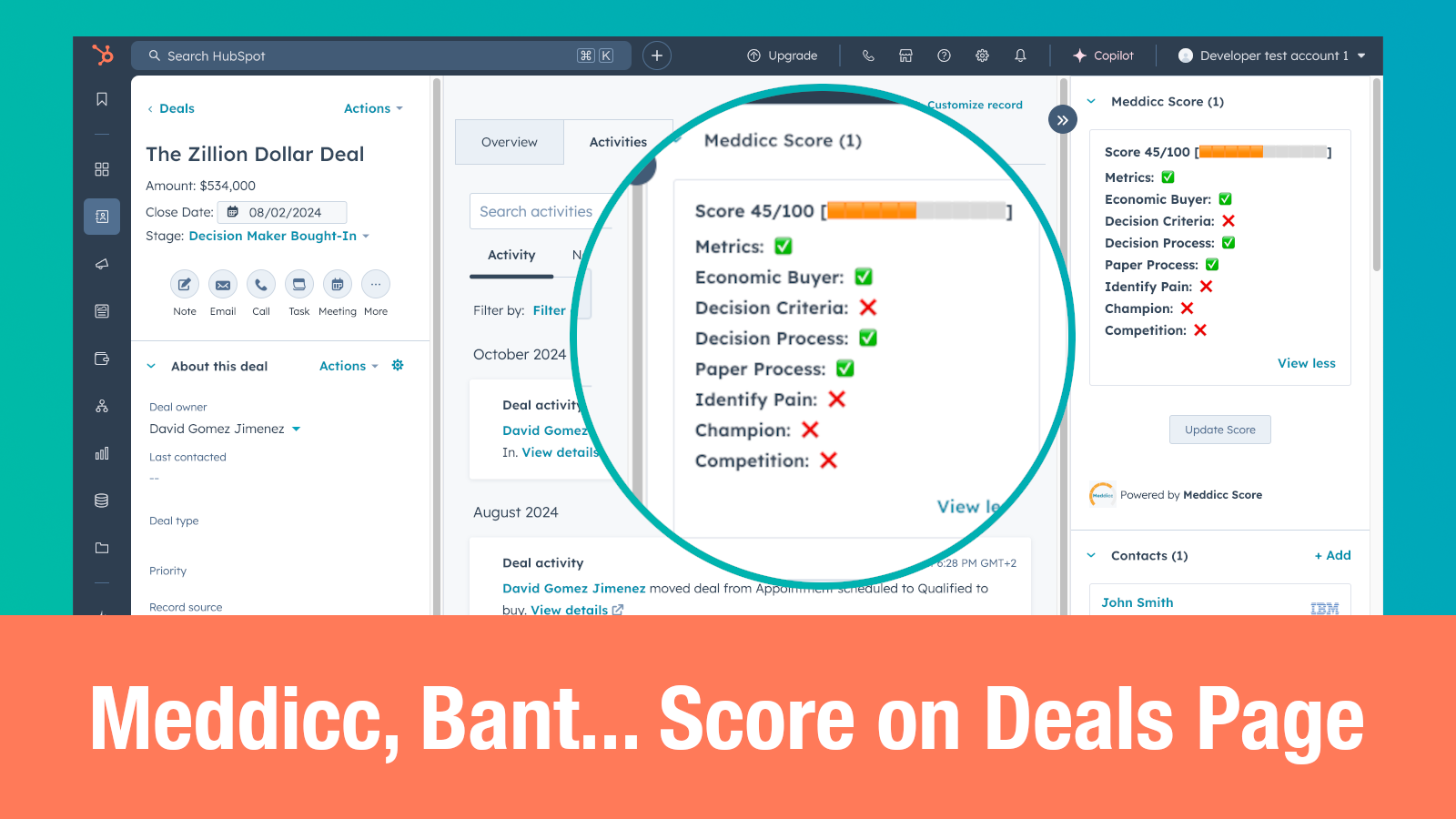Mastering Sales Discovery: Top Qualification Questions for Uncovering True Opportunities
Sales discovery is more than a routine checklist—it’s the critical foundation for successful deals and long-term client relationships. Too often, sales reps rush this stage, missing crucial details that separate real opportunities from time-wasters. By using targeted qualification questions and solid opportunity management strategies, your sales team can increase close rates and cultivate mutually beneficial partnerships. In this guide, we’ll explore how to elevate your sales discovery process and share essential questions to reveal high-value deals.
What is Sales Discovery?
Sales discovery is the information-gathering phase of the sales process. It involves questioning, listening, and researching to understand a prospect’s needs, pain points, motivations, and decision criteria. Effective sales discovery lays the groundwork for accurate qualification and insightful opportunity management, ensuring your efforts are focused on deals with the highest chance of closing.
Why Sales Discovery Matters
- Prevents wasted effort: Don’t pursue prospects that aren’t a good fit.
- Builds trust: Thorough discovery shows you care about client needs—not just your quota.
- Aligns solutions: The better you understand the customer, the better you can tailor your pitch.
- Improves forecasting: Solid opportunity management starts with accurate data from discovery.
Key Qualification Questions That Reveal Real Opportunities
1. What problem are you trying to solve?
This uncovers core challenges and lets you position your solution as the answer.
2. Why is this a priority now?
Understanding urgency guides follow-up and opportunity management. If there’s no urgency, it’s probably not a real opportunity.
3. Who is involved in the decision process?
Identifying stakeholders early helps you influence the right people and avoid surprises later.
4. What does success look like for your team?
This goes beyond features—dig into business outcomes your solution can help achieve.
5. Have you used similar solutions before?
Knowing their experience level helps tailor your approach and anticipate objections.
6. What is your timeline for making a decision?
A clear timeframe differentiates active projects from future possibilities, optimizing your opportunity management.
7. What budget have you allocated for this project?
Failure to discuss budget early often leads to wasted time. Qualify if your solution fits.
8. What challenges might prevent you from moving forward?
Uncovering possible roadblocks lets you proactively address concerns and keep deals moving.
Best Practices for Sales Discovery and Opportunity Management
- Research before the call: Know the company, market, and industry trends.
- Listen actively: Give prospects space to talk—insights emerge when you listen.
- Ask open-ended questions: Invite discussion with questions that start with “What,” “How,” and “Why.”
- Document responses: Accurate records help your team and improve forecasting.
- Follow up: Summarize the conversation to confirm understanding and keep momentum.
Conclusion
By asking the right qualification questions and treating sales discovery as a strategic step—not a formality—you’ll uncover genuine opportunities and streamline your opportunity management process. This approach enhances your credibility, accelerates sales cycles, and ensures your pipeline is always filled with high-potential prospects.
Put these strategies into practice, and watch your win rates climb!
Keywords: sales discovery, qualification questions, opportunity management




